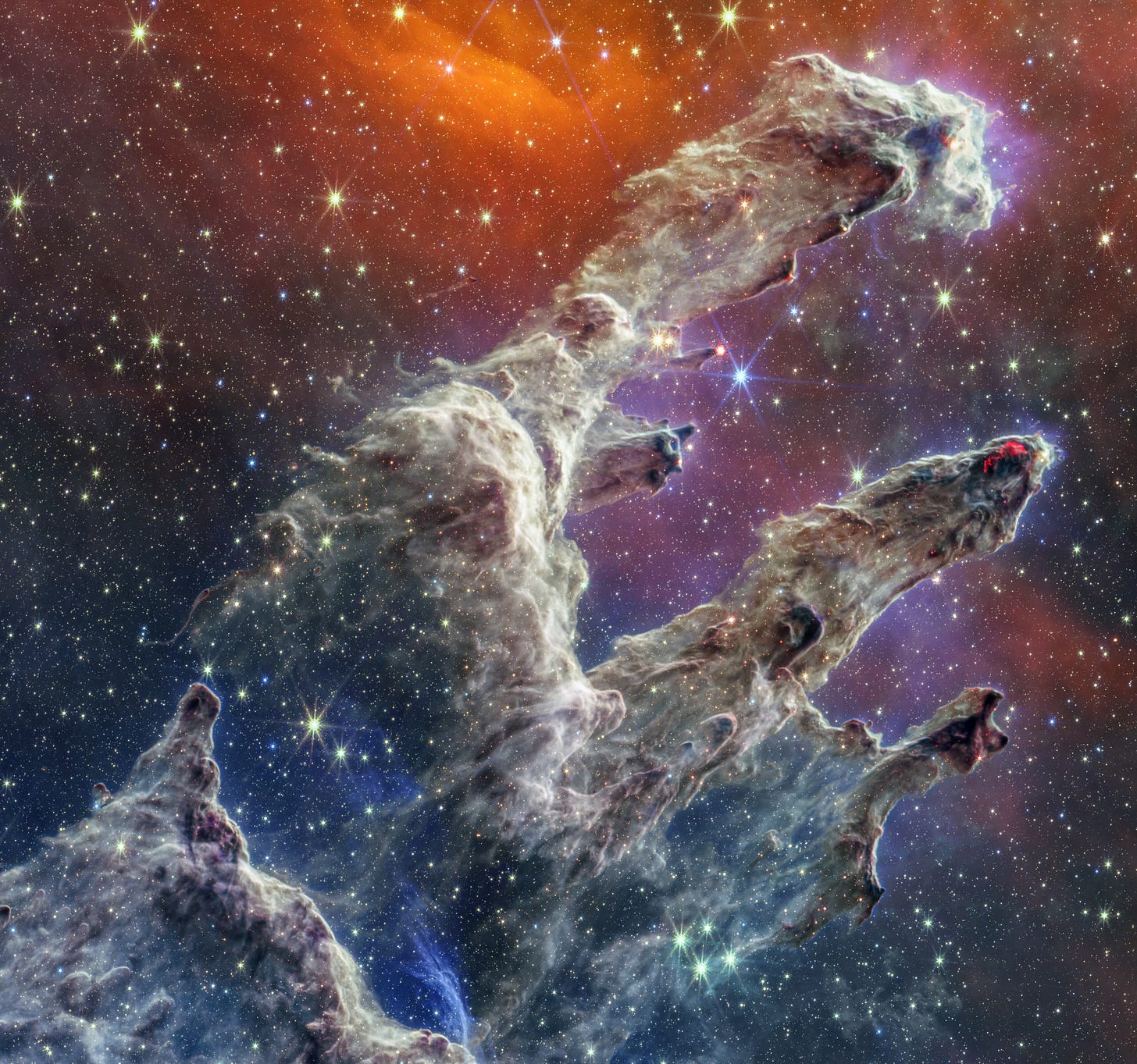
Readings
(click on the heading to read the readings)
Isaiah 2: 12-22
1 Thessalonians 3: 1-13
Luke 20: 27-40
Reflection
In his Pulitzer Prize winning book God: A Biography, Jack Miles writes a story of the “Creator who nearly destroys his chief creation: the bloodthirsty warrior and the protector of the downtrodden; the lawless law-giver; the scourge and the penitent.”1
In today’s reading from Isaiah, this complex character is on full display. We encounter “God the competitor” who seems to be offended at anything in creation that rises up, including cedars, oaks, mountains, hills, towers, walls, and even beautiful crafts. But the list of things to be brought down ends abruptly, and we learn that the prophet is actually upset with “haughty people” and that the real issue is idolatry, where we humans place our ultimate concern in the inanimate and lifeless works of our own hands.
When we encounter readings like this one, a question to always ask is, “What does this have to do with me?” As I pondered this question, the creativity of my fellow human beings quickly came to mind. Surely God isn’t condemning us for being creative? Our creativity and intelligence underpin the theological idea that we are “made in the image of God,” so I believe that there is something else going on here.
Rudolf Otto was a German Lutheran theologian. He is best know for his concept of the “numinous,” which he defined as having the nature of mysterium tremendum et fascinans. The mysterium tremendum (“mystery that repels”) aspect of God feels dreadful and overwhelming. The mysterium fascinosum (“mystery that attracts”) aspect of God engenders feelings of wonder, peace, and worship. These seeming opposites are united in the divine.
I think the Isaiah passage is addressed to people who’ve ceased to experience either of these sets of feelings. When we’re seeking to create something beautiful, meaningful, or truthful, we “live in the layers,”2 as poet Stanley Kunitz says, and we know all too well the feelings associated with both kinds of numinous experience. We lose our sense of awe when we live “on the litter” and get snared in petty purposes, enmeshed in our own busyness, and enamored of our own mundane activity. The immensity, awfulness, and beauty of life are simply overlooked. Even worse, this state of forgetfulness is contagious, and we infect one another with it. Consider the idea of “doomscrolling,” of spending large amounts of time mindlessly roaming through the endless supply of news available on the web or social media. This forgetful foraging is familiar because it describes an experience endemic in our culture.
It takes something extraordinary to awaken us again to the terrible beauty of life. This is what Isaiah is describing, that the Ground of Being itself will not tolerate our remaining asleep indefinitely, and that waking up will be painful. Zen practice, a vehicle designed to attain awakening, has been likened to consuming a red-hot ball of iron that one can neither swallow nor spit out.3
The cause of this pain is not the reality to which we are awakening. It is our built-in resistance to actually waking up, our willful ignoring of the needs and opportunities that life presents to us, and our unwillingness to accept just how short and transitory our lives really are. Recovery programs talk about the importance of “hitting bottom,” where the mechanisms of addictive denial cease to be effective, and the person mired in addictive behavior finally has to face reality. It is a terrible experience, yet it is acknowledged as a gift. This terrible and beautiful moment of humility (literally, being “grounded”) is the moment when we wake up to life as it is. This is the eschatological moment that we await in Advent and beyond.
Prayer
God, grant me the serenity to accept the things I cannot change, the courage to change the things I can, and the wisdom to know the difference. Amen.



